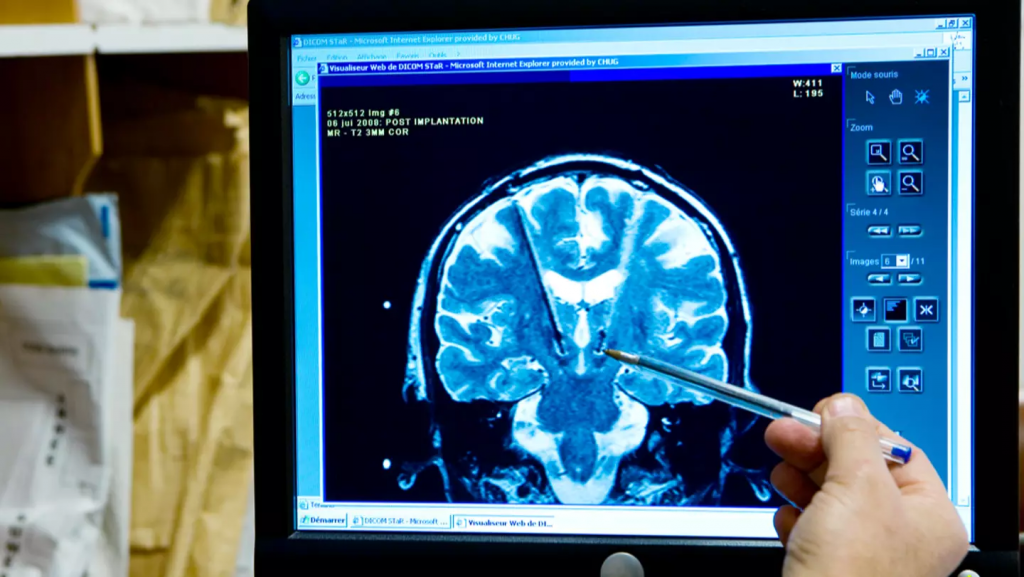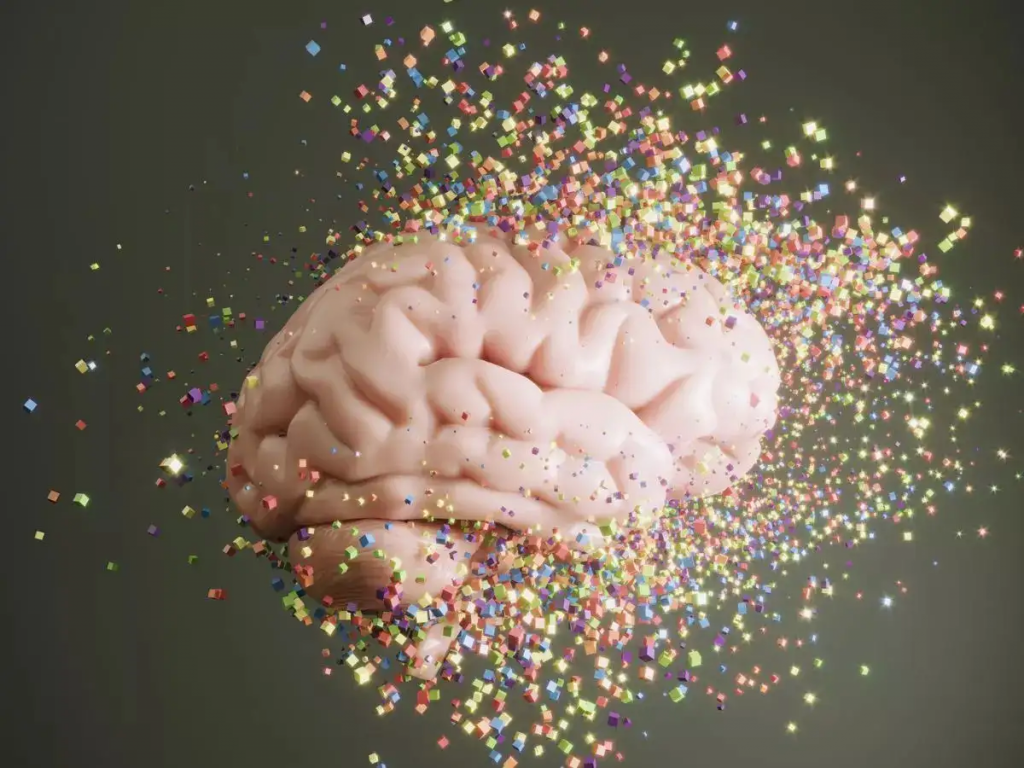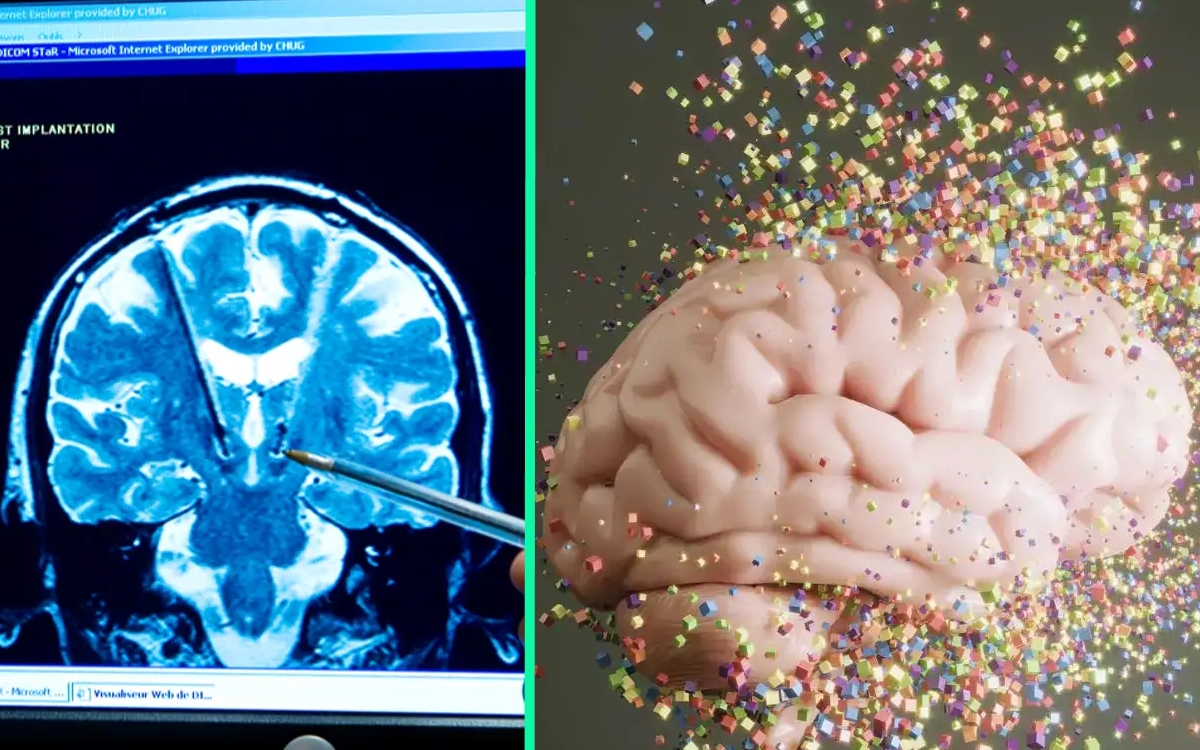A UCSF-led study has found that adults suffering chronic insomnia experience accelerated brain atrophy, with those reporting persistent sleep troubles showing brains nearly three years “older” than their well-rested peers. Researchers tracked 600 participants over a decade—surveying sleep quality at midlife and conducting MRI scans ten years later—to reveal a stark link between poor slumber and cortical shrinkage. UCSF News details.
Using the Pittsburgh Sleep Quality Index and high-resolution imaging, the team mapped volume loss in the superior frontal cortex and widespread frontal, temporal and parietal regions—changes that persisted even after accounting for exercise, BMI and blood pressure. The findings suggest that disrupted sleep efficiency, rather than total hours in bed, is the prime driver of shrinkage. A peer-reviewed analysis in Neurology confirms these atrophy patterns.

These results echo an earlier Reuters report, which showed that individuals with chronic sleep problems had significantly less gray matter in key brain regions. That study warned that even minor sleep fragmentation can translate into tangible volume loss over time. Reuters first reported this correlation.
Experts say the damage may stem from impaired waste clearance—during deep sleep, rhythmic brain waves flush out toxins and repair neurons. Without sufficient restorative cycles, harmful proteins accumulate and trigger inflammatory pathways that erode neural connections. A recent Sleep Education feature explains how even modest sleep loss can disrupt this nightly “cleanup crew.”

Teen and young-adult brains aren’t immune either. A ScienceAlert report found that adding just 15 extra minutes of sleep per night correlated with larger overall brain volumes and sharper cognitive performance, underscoring that every minute counts toward preserving neural health. ScienceAlert highlights this emerging evidence.
To safeguard brain volume, specialists recommend strict sleep hygiene: consistent bedtimes, screen-free wind-down routines, limiting evening caffeine, and prioritizing natural light exposure during the day. As mounting research shows, skimping on sleep isn’t just a productivity trap—it could be reshaping your brain’s structure for the worse.







